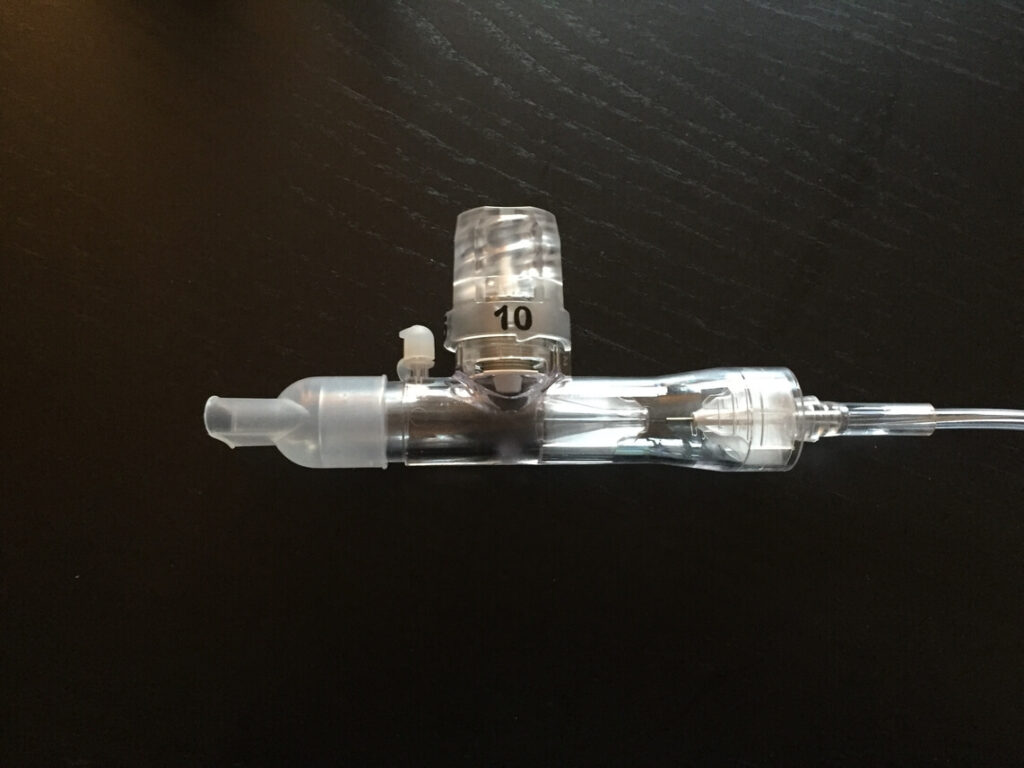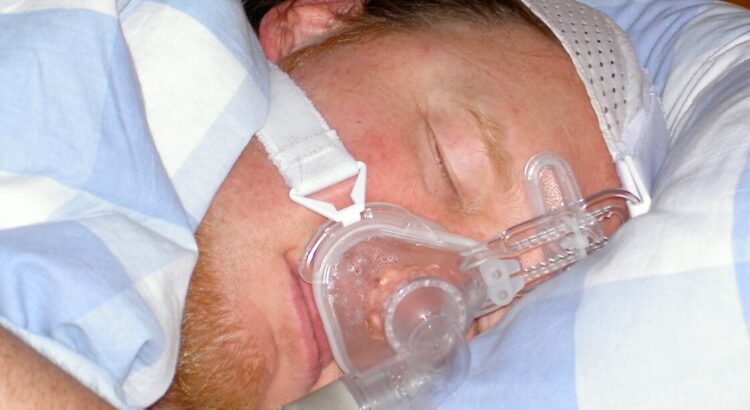Did you know almost 22-million people suffer from sleep apnea in the USA? The figure crosses over 100-million if you consider the sleep apnea cases worldwide! This potentially serious sleep disorder is characterized by involuntary pauses in breathing. The sudden stop in oxygen supply results in loud snoring and daytime fatigue. Some patients even develop heart issues if left unnoticed.
Fortunately, sleep apnea is manageable using PAP. Positive Airway Pressure (PAP) is a form of therapy that pumps air under pressure to the lungs, which keeps the windpipe open. This procedure occurs via different PAP machines.
If you’ve been to the doctor, you would know that the most common PAP machines used to treat sleep apnea are CPAP and BiPAP. However, you cannot use any machine for yourself without recommended indications. While both devices have similar purposes, they have noteworthy differences too.
So, before you begin searching about CPAP and BiPAP machines for sale, give this article a read!
Pressure Levels & Range
CPAP is a short form for Continuous Positive Airway Pressure, whereas BiPAP refers to BiLevel Positive Airway Pressure. Another word for BiLevel would be two-level. Regardless of the name difference, both machines have the same work mechanism.

There’s a central unit that sends compressed air through a transparent tube into the mask that either fits over the nose or mouth. So, it doesn’t matter whether we’re talking about BiPAP masks or the supplies required. BiPAP and CPAP devices have identical features.
Yes, we know you must be wondering what’s the difference then? Well, it lies in the pressure levels and range. A CPAP has one adjustable pressure level that ranges between 4 and 20 cm H2O.
Comparatively, BiPAP has two pressure levels – an inhale pressure and an exhale pressure. These levels range between 4 and 25 cm H20. As a result, BiPAP decreases strain during exhalation. It means breathing out is easy.
Travel-friendliness
A BiPAP machine is typically larger and bulkier than a CPAP. It has a design that is suitable for at-home use. Meanwhile, CPAP devices are compact and lightweight.
Most CPAP models are smaller than shoeboxes. Some even come as small as a palm of a hand to make traveling easy. However, you may also find dedicated travel-friendly versions of both; BiPAP and CPAP.
Cost
In terms of cost, a BiPAP machine is more expensive than a CPAP. While you’ll find a CPAP between $250 and $1000, BiPAP starts at $800. Some high-end options are costing as high as $3000!
The reason behind this is simple. BiPAP devices have two pressure systems and usually require more settings than CPAP. They may even require extra sensors and components.
Medical Application
CPAP machines are suitable for patients who suffer from obstructive sleep apnea (OSA). It’s the most severe form that occurs due to a functional obstruction. For example, the tongue and uvula may cover the throat.
These patients do not receive sufficient air. CPAP helps by providing a constant and steady supply of compressed air. CPAP is also used for infants who do not have fully developed lungs.
Meanwhile, BiPAP devices are recommendable for central sleep apnea patients. It is a less severe type that results from neurological dysfunction. The brain forgets to send signals to the lungs to breathe, so the person stops breathing.

BiPAP offers additional respiratory support to these patients. The two-way pressure ensures the person can breathe properly while sleeping. BiPAP is also usable for OSA patients if they cannot tolerate the strain caused during exhalation.
Summary
All in all, you should choose a PAP machine that serves your type of sleep apnea, is comfortable, and is within your budget. You should also prioritize the size and portability of the device if you travel a lot.
